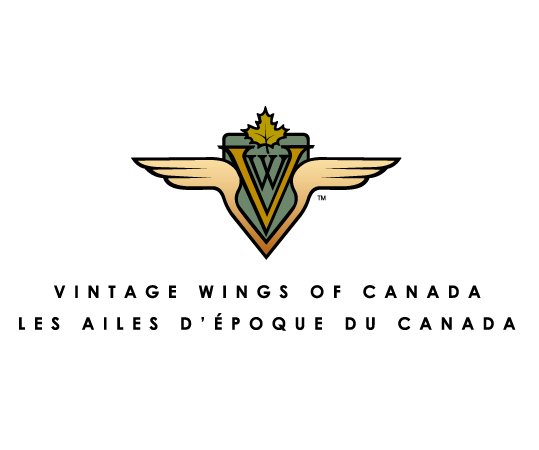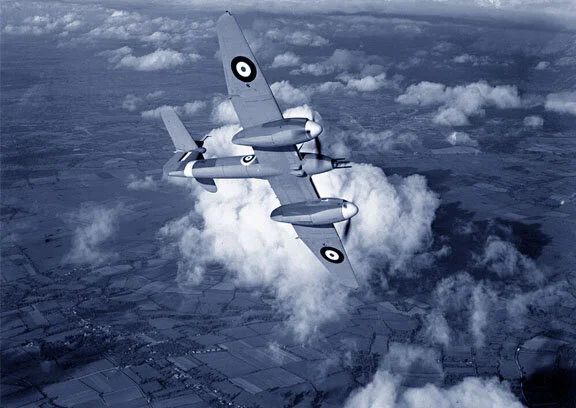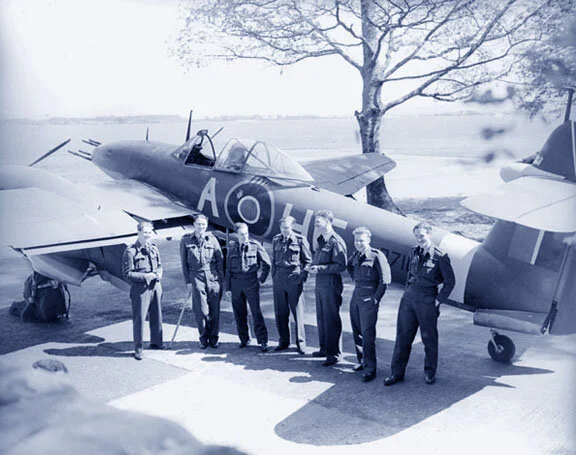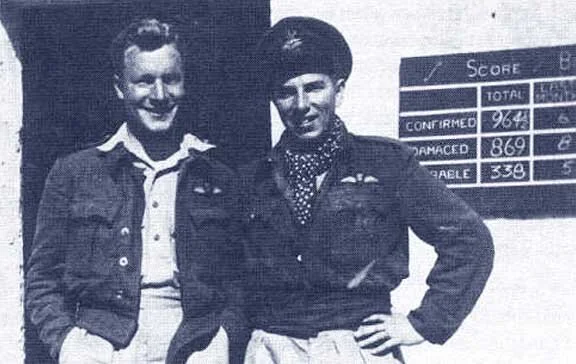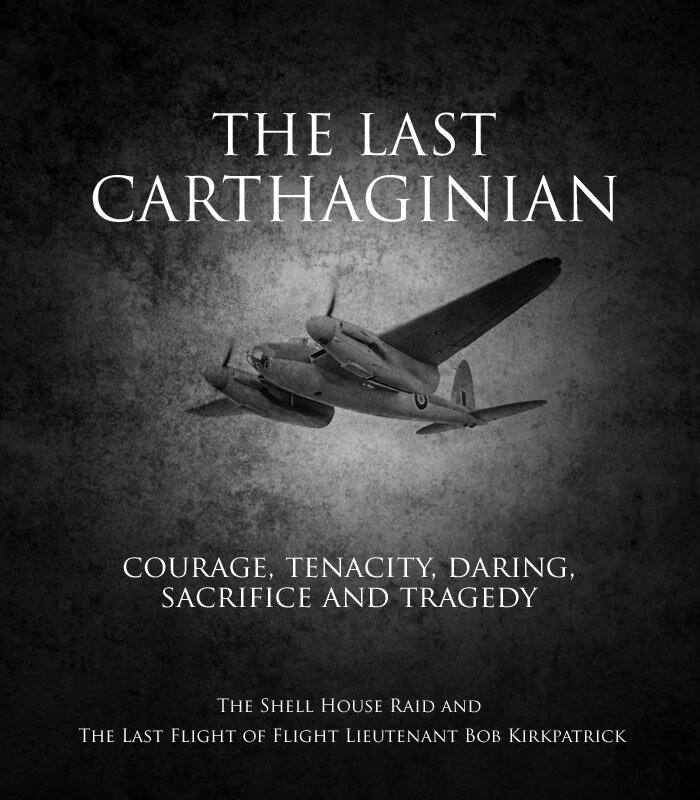“HAP” KENNEDY DIES AT 91 YEARS
They are out there. But soon they will all be gone. Perhaps you think of them as simply that older gentleman that walks his small dog down your street every day, the elderly fellow fumbling with his wallet ahead of you at the check out, that quiet guy who wears a badged blazer to church on Sundays, or that wonderfully kind, retired doctor who tends his garden. They live among us, blend in, live quietly and in the end they face the inevitable with dignity and quiet strength. To most neighbours and passersby, they are largely invisible, but once they were the boldest hearts, the fastest warriors, the most dashing and handsome of men, the most steadfast of comrades.
They are the fighter pilots of the Second World War. They are the ordinary men who stood up in the face of abject evil, prevailed and returned to live and love. They are the reason for our freedom. They are the lucky ones. Many did not return and those that did, lived their lives to the best of their abilities as tribute to their fallen brothers.
No one did more during their time in the RCAF, nor lived the remainder of their hard fought life with more dignity, contribution and gentleness than Cumberland, Ontario native Irving Farmer Kennedy. Known as "Hap" to his air force friends and "Bus" to his local community, Kennedy died on Thursday, January 6th, 2011 at the age of 91.
Mike Potter, Founder of Vintage Wings of Canada, had much the same thoughts when it came to describing the priviledge of his friendship with Kennedy:
“We are occasionally reminded that there are giants that walk among us, but sometimes they are heavily disguised. Hap Kennedy, as he was in his 80s when I had the privilege to meet him on several occasions, was a soft-spoken, friendly, modest and courteous gentleman, a father, grandfather, country doctor, and a strikingly handsome man in his old age. The few photos we have of him as a young man show him as the kind of clean-cut handsome young man you hope your daughter will bring home to introduce to the family, but they do not tell the whole story.
But here, behind the handsome face, is one of Canada's magnificent warriors - a man who voluntarily entered some of the toughest and most dangerous fighting of recent times, where every engagement was the modern equivalent of hand-to-hand combat. Simply surviving Hap Kennedy's war would have been an accomplishment, Malta in '42, Sicily in '43, D-Day in '44. But to chalk up victory after victory and become one of Canada's most celebrated Aces of the war sets him apart.
Over the past several years, it has been an honor for me to be able to visit with Hap from time to time at the Vintage Wings hangar, the Rockcliffe Flying Club, and in my home. At the same time that we celebrate his remarkable life and express our gratitude for the service he gave to our country at its time of need, we all share with the family the loss of a great Canadian. ”
Hap Kennedy was the epitome of the Second World War fighter pilot. With matinée-star good looks, exceptional shooting and flying skills, good luck and a friendly disposition, Kennedy was much loved by his fellow fighter pilots.
After the war, Hap became acquainted with fellow Spitfire pilot Bill Carr, a friend of Vintage Wings of Canada, and for many, the founder of the modern Canadian Air Force. Both were gifted pilots and above all gifted leaders. When contacted, Lieutenant General Carr, a man of few superfluous words said "How many of us know what this incredibly gifted WW 2 ace fighter pilot did for our side and what a great human being and distinguished Medical Doctor he became? His contribution to this unmatched nation of ours in war and peace is remarkable."
So, next time that elegant nonagenarian with the steel blue eyes shuffles carefully down your neighbourhood street, take a moment and see him as he was, and how he is inside still - young and handsome, with a fifty mission crush on his forage cap, a mass of blond hair, hands in pockets, flashing teeth, a clean shave, a DFC ribbon on a blue serge battle dress, those beautiful, beautiful democracy-saving Royal Canadian Air Force Wings and a longing to go home
That's the Hap Kennedy we will remember.
Hap's story is long, his accomplishments many and varied, so we will let the family's obituary in the Ottawa Citizen tell the story:
Squadron Leader Irving Farmer 'Hap' Kennedy WWII Veteran DFC & Bar RCAF M.D. It is with great sadness that the family of Dr. 'Bus' Kennedy announce the passing of their beloved husband, brother, father and grandfather in his Cumberland home on Thursday, January 6, 2011. He was in his 89th year. 'Bus' is survived by his loving wife Fern (Dale), brother Laurie (Teresa), sister Joyce, daughters Ann and Carol (Dan), grandchildren Robin, Curtis, Laura, Mark and Sean, and many nieces and nephews; step daughters Nancy (Russ) and Martha (Graham) and their daughters Meredith, Robin, Samantha and son Peter. Fondly remembered by Dorothy Kennedy. Predeceased by his parents Robert and Eva, brother Robert Alvin (Ruth), brother Carleton 'Tot' in 1944, and sister Evelyn (Joe Burdett).
Bus was born on February 4, 1922 in the family home in the village of Cumberland. At the age of 18, Bus enlisted in the RCAF in July 1940. His ambition was to be a fighter pilot and after flying Westland Whirlwinds in England in 1941 (263 Squadron RAF), he was transferred to Spitfires in 1942 (421 Squadron RCAF). In late 1942, he arrived in Malta (249 Squadron RAF). In Malta, 'Hap' (as he was known to his fellow pilots) was awarded, as an Ace, with the Distinguished Flying Cross. Years later he wrote of enthusiasm for the Allied effort in the Malta days. Due to be posted back to the UK, "the Invasion of Sicily was on and was too good to miss." He was given permission to join 111 Squadron in Sicily (1943) then transferred to 93 Squadron as a flight commander. Posted back to the UK in 1944, with the invasion of France looming, Hap joined 401 Squadron RCAF and with morale high, soon was in France after the Normandy Invasion. He was awarded with the bar to his DFC.
In July, leading a Squadron, he was hit by flak, bailed out, and evaded capture with help from a French family and the Maquis. In England, he learned that his younger brother, Tot, had just been killed (Bomber Squadron 434). Hap returned to Canada. Hap often said of his war experiences that "it wasn't the combat but the deep comradeship" that he recalled with fondness. Years later, Hap was decorated with the French Legion of Honour.
After the war, Hap studied medicine at the University of Toronto, graduating in 1950. Following internship, he worked as a physician to the Inuit through Indian & Northern Affairs and set up a general practice in Lanark. In 1961, returning to Cumberland, he built his own clinic where he practiced medicine for 37 years.
He was greatly respected by thousands of patients throughout the township for his dedication and compassion as a country doctor. Retirement allowed Hap to further enjoy that which brought him greatest pleasure: his love of nature, reading, flying his aircraft out of Rockcliffe Flying Club, and his family. He was extraordinarily diverse in his interests and skills. He was a naturalist, a gardener, a philosopher, a teacher, an author, and a poet.
He sang Robbie Burns, he quoted Robert Frost, he watched hockey; he was a thinker, advisor, listener, and a provider. He was a man of integrity and honesty, a humble man who shunned attention, yet drew people to him. He was gentle yet tough as nails.
"I shall be telling this with a sigh Somewhere ages and ages hence: Two roads diverged in a wood, and I - I took the one less travelled by, And that made all the difference. -The Road Not Taken, Robert Frost.
The dashing Hap Kennedy (left) with fellow Spitfire pilot Steve Randall on Malta. For more on Hap's significant contribution to the air war visit Hap Kennedy.

